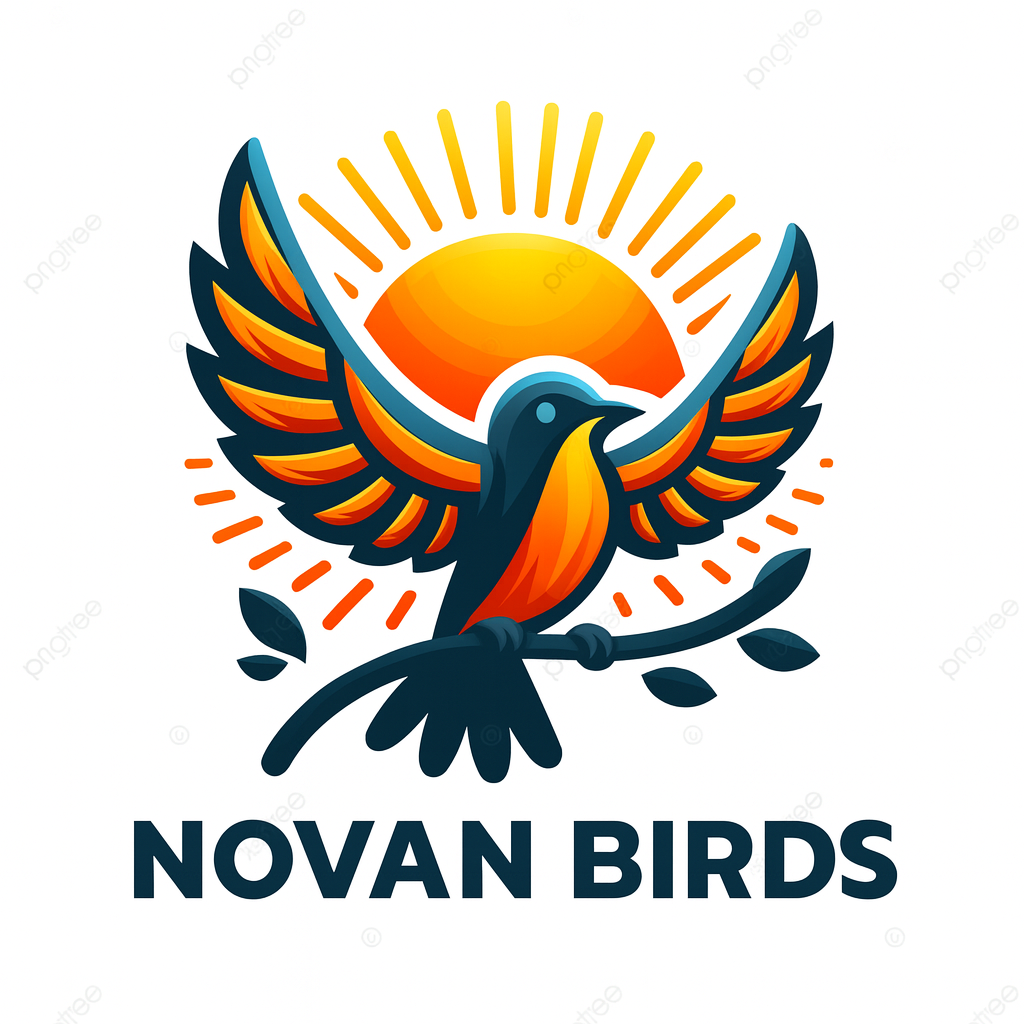Buy Regent (Rock Pebbler) Parrot Online
The Regent Parrot or Rock Pebbler (Polytelis anthopeplus) is a bird of the parrot family, and also is known as the Black-tailed, Black-throated, Marlock Parrot or Smoker Parrot. Rock Pebbler parrots can be social, gentle, and surprisingly gratifying companion pet birds that are also attractive, hardy and relatively easy to care for. The male has brilliant yellow plummage with a green tail. Regent parrots are popular birds in a pet aviary and have a distinct whistle. The male bird is generally yellow, with several shades on the head, its back is generally a collection of colorful shades of green and its beak generally red. The female is generally more green, overall, especially in the head and body. The tail is green, although the underparts are black.
Geography: Rock Pebbler’s are found primarily in eucalyptus groves and other wooded areas of subtropical southwestern Australia, as well as in a smaller area of subtropical and temperate southeastern Australia.
Size: about 14.5-16.5 in length
Temperament: Regent Parrots can be independent and amuse themselves, given a large enough flight, so busy people might take a second look at the Regent Parrot. An occasional fresh willow or fruit tree branch to “spruce up” their quarters seems to please the birds. The regent parrot is naturally hardy, so being careful to protect them from drafts and the like is unnecessary. However, they should be protected from excessive cold, as such is uncommon in their natural habitat. Buy Regent (Rock Pebbler) Parrot Online
Breeding: Breeders should be kept in pairs rather than colonies, because they might quarrel with each other, but pairs or individuals have been kept harmoniously with other gentle species like cockatiels.
Vocals: They may not learn to talk, but they can often learn to whistle. The Regent Parrot’s distinctive call is often heard long before the birds appear.
Diet: Captive regent parrots thrive on chopped mixtures for large parrots. Seeds make up the bulk of the Regent Parrot’s diet. Try our nutritious Parakeet Seed, millet sprays, and eggfood. They aslo enjoy fruit, sprouting seeds and a small assortment of insects. Unlike most birds, parrots do not require grit in their diet and grit should only be given when a certified avian veterinarian prescribes it for digestion aid if the bird is ill.
Shipping and Safety Travel Boxes
DNA Testing
If there is no gender option listed for a bird on our website, that particular species is ‘monomorphic’, which means we’re unable to determine gender without purchasing DNA testing. DNA testing is an additional $149 per bird to guarantee preferred gender. DNA testing may add an additional 3-6 plus weeks to estimated delivery time to allow for gender results. See our FAQs for more info. Buy Regent (Rock Pebbler) Parrot Online
buy exotic birds for sale, buy finches for sale, birds for sale online, pet birds online, buy African grey for sale, buy exotic monkeys for sale, lilac crowned amazon for sale, buy bronze mannikin, buy counterfeit money for sale,buy counterfeit indian rupees for sale,counterfeit indian rupees for sale, fake indian rupees for sale, buy indian rupees online, buy adderall online, buy ambien zolpidem online, icals buy research chemic online, buy wood pellets for sale, buy scannable bills for sale, scannable counterfeit money for sale, buy undetectable counterfeit money, buy counterfeit money online, buy containers for sale, buy kittens for sale, buy roxicodone online, buy parrots for sale, k2 spices for sale, buy gbl for sale, buy pure gbl online, gbl for sale euro, buy synthetic cannabinoids online, buy k2 spice for sale, buy research chemicals online, buy cannabinoids for sale, buy research chemicals, buy counterfeit money online, pills for sale, buy counterfeit money for sale, ssd chemicals online, parrots for sale, synthetic cannabinoids for sale, wood pellets for sale, pharmaceutical pills online, buy research chemicals,, ssd chemicals online,













